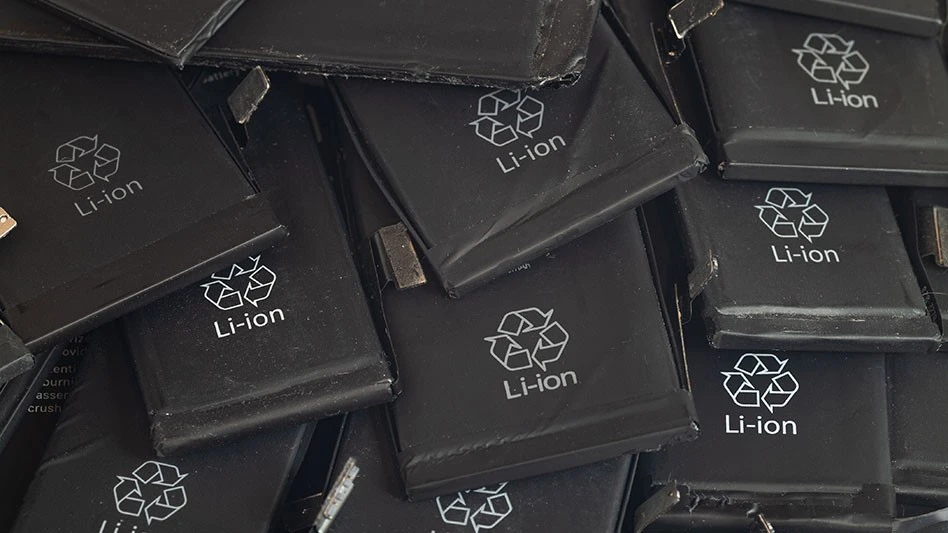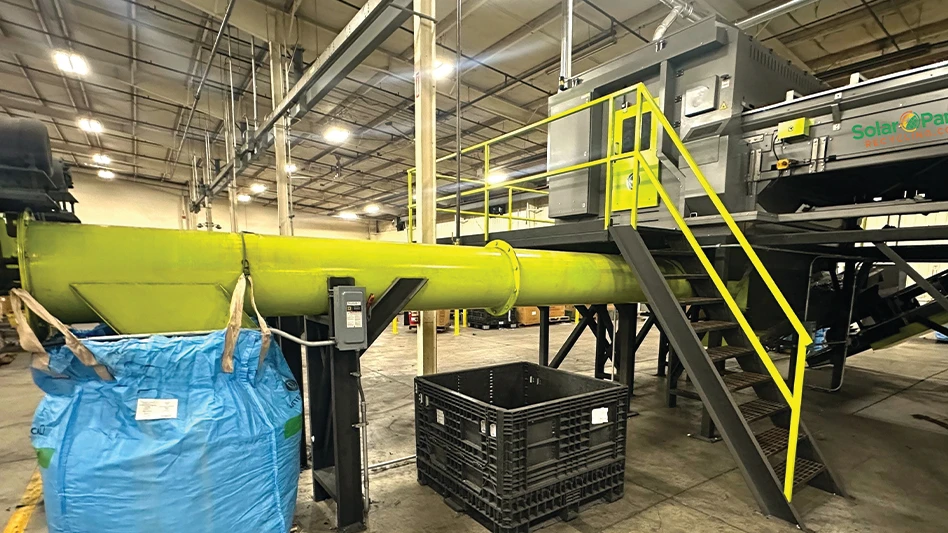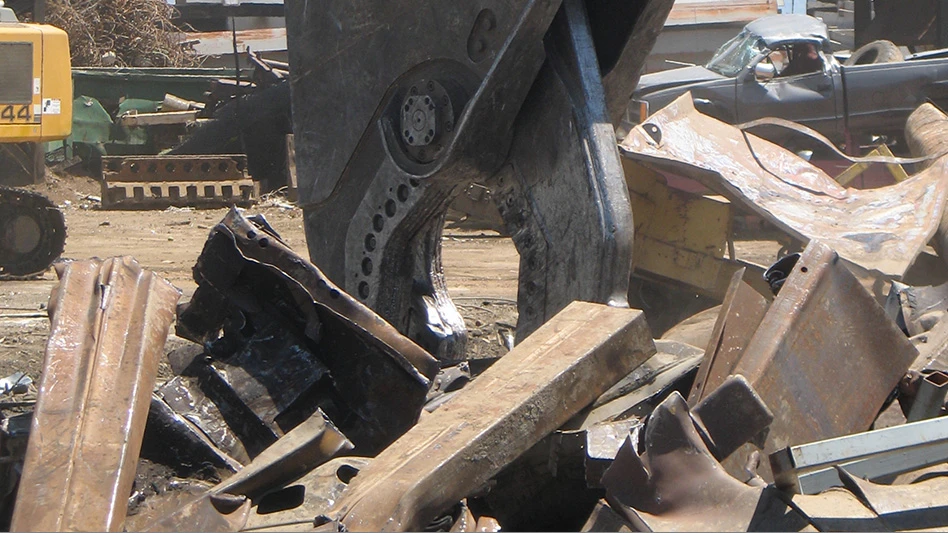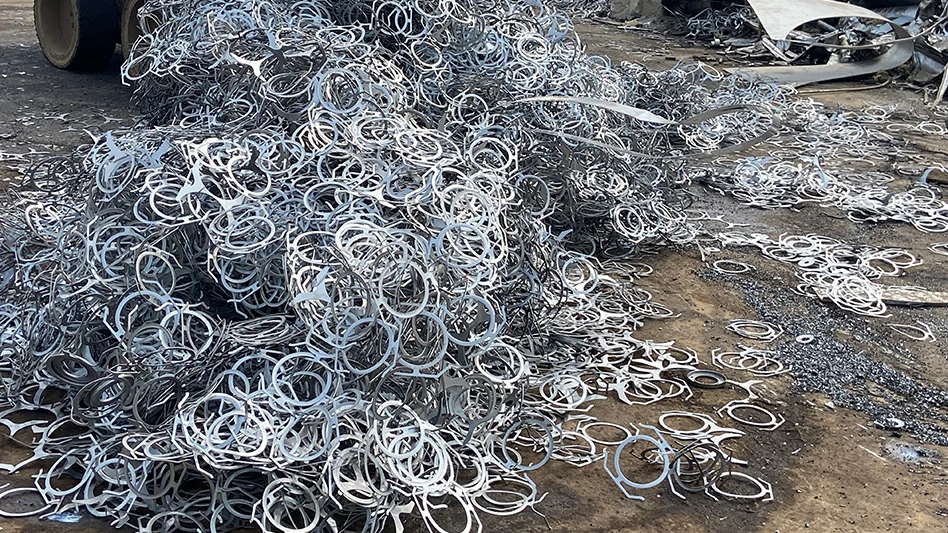
skiminok | stock.adobe.com
Comstock Inc., which owns 90 percent of its lithium-ion battery recycling subsidiary LiNiCo Corp., says the Nevada Division of Environmental Protection (NDEP) has issued a Written Determination of Hazardous Waste Recycling permit that authorizes LiNiCo to conduct lithium-ion battery (LIB) recycling and related operations at its 137,000-square-foot facility in the Tahoe Reno Industrial (TRI) Center in Storey County, Nevada. The company previously announced that the facility would have the capacity to handle more than 100,000 tons per year.
Comstock, Virginia City, Nevada, announced that it increased its overall ownership of LiNiCo Corp., McCarran, Nevada, from 45 percent to 90 percent earlier this year. Aqua Metals, also based in McCarran, has a 10 percent ownership stake in LiNiCo Corp. It first invested in the company in early 2021.
“We are pleased to receive this critical permit ahead of expectation,” says Corrado De Gasperis, Comstock and LiNiCo executive chairman and chief executive officer. “The operating permit is based on the first phase of LiNiCo’s advanced new LIB recycling technologies, including crushing, separating, lithium extraction and precursor cathode active products, designed for leading yields at a fraction of the capital and operating cost of all known lithium extraction and recycling methods.”
LiNiCo is building a pilot facility to install at the TRI facility, with commissioning and onset of operations anticipated in mid-2023 and lithium extraction capacity planned for the third quarter of 2023, according to a news release issued by Comstock.
Comstock and Aqua Metals previously announced they are working together to accelerate decarbonization by producing renewable electrification products that support the growing demand for electric vehicles. LiNiCo and Aqua Metals signed a collaboration agreement in November of last year to process black mass from LIBs into high-purity nickel, cobalt and other metals.
“We will use our commercial scale pilot and early adopter client agreements to confirm all engineering and other requirements for the scale-up and full commercial deployment of our unique processes at the TRI Facility,” De Gasperis says.
He adds that the company plans to start construction and expand to scale at the TRI site once its commercial pilot confirmation is completed.
“A key advantage of LiNiCo’s technologies is that they are highly scalable and capable of being right sized to match the evolving and dynamic needs of the rapidly growing lithium recycling industry,” De Gasperis says.
Latest from Recycling Today
- Argentina to allow scrap metal exports
- LME expresses satisfaction with its 2024 activity levels
- Institute urges increased focus on copper recycling
- Volvo CE dealership in Canada changes hands
- Takeuchi adds Southwestern US manager
- McNeilus unveils fully integrated, electric front-loading collection vehicle
- CalRecycle releases SB 54 updates as new year begins
- Regenx receives funding from the National Research Council of Canada Industrial Research Assistance Program





